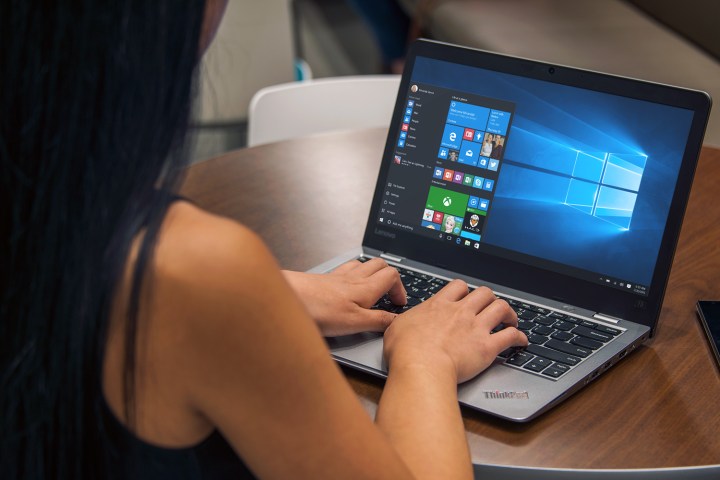
Another model was supposedly discovered on HP’s website via its CarePack database although the link provided in a report produced no results when we attempted to view the product. HP’s upcoming Snapdragon-based Windows 10 device is supposedly a 12-inch laptop that will be offered in two versions: one with 4GB of system memory and 128GB of UFS-based storage, and one with 8GB of system memory and 256GB of storage.
Qualcomm said in May that Asus, HP, and Lenovo planned to produce Windows 10 PCs by the end of 2017 using its Snapdragon 835 processor. This chip is typically seen in tablets and smartphones, including the Samsung Galaxy S8, Google’s Pixel 2, and Sony’s Xperia XZ Premium. It will also supposedly power stand-alone Google Daydream View mobile VR headsets and possibly even 2018’s Oculus Go.
Additionally, Microsoft and Qualcomm have both pledged that the Snapdragon 835 chip will offer multi-day battery life without any negative effect on performance. But don’t expect to see the Snapdragon-based Windows 10 devices perform at the same level as similar products zipping along with the latest Intel Core processors.
Based on the Snapdragon 835’s multi-core performance in the listed Asus device on Geekbench (3174), the chip soars with older CPUs such as the Intel Core i5-4202Y (3195), and the Intel Pentium 38054U (3166). It doesn’t even come close to Intel’s last-generation (seventh-generation Kaby Lake) and current-generation (eighth-generation Coffee Lake) CPUs.
Prior to the Asus and HP devices finding their way into the rumor mill, a comparison appeared on Geekbench pitting a Qualcomm processor — labeled as the CLS — against a just-released eighth-generation Intel Core i3-8100 chip. The CLS had a single-core score of 1,202 while the Core i3-8100 blew it out of the water with a score of 3,692. When it came to multi-core results, the Core i3-8100 dominated once again, outscoring the CLS 11,860 to 4,068.
The Snapdragon’s performance also disappoints when compared to Android devices that take advantage of the 835 processor, which tend to score around 2,200 by single-core metrics and about 7,700 for multicore.
It is possible that Microsoft simply needs to carry out some last-minute optimization work before the hardware is ready for release. These tests are dated November 1, and given that the laptops haven’t been officially unveiled just yet, there is time for this to take place.
There’s also a chance that these tests might not be utilizing the second run caching that the ARM emulator is capable of. This should make the hardware able to run apps much faster the second time that they are launched when compared to the first.
Of course, there’s also a much more troubling scenario – Windows 10 might just run significantly slower on ARM hardware as a result of the limitations enforced by the necessary emulation, and the overhead required for the operating system itself. If these tests are indicative of the performance we can expect from these laptops, it’s difficult to imagine how they could contribute much to the Windows ecosystem.
We won’t know for sure how well Windows 10 performs on the Snapdragon 835 processor until third-party benchmarkers get their hands on the hardware and are able to put it through its paces. Microsoft is set to lift the lid on the range of laptops soon.
Update: Added information about the HP and Asus devices.
Editors' Recommendations
- The next big Windows 11 update has a new hardware requirement
- Surface Pro 10: all the major changes rumored for the new model
- My most anticipated laptop of the year just got leaked
- Playing PC games on a Snapdragon X Elite laptop made me a believer
- Windows 11 vs. Windows 10: finally time to upgrade?

